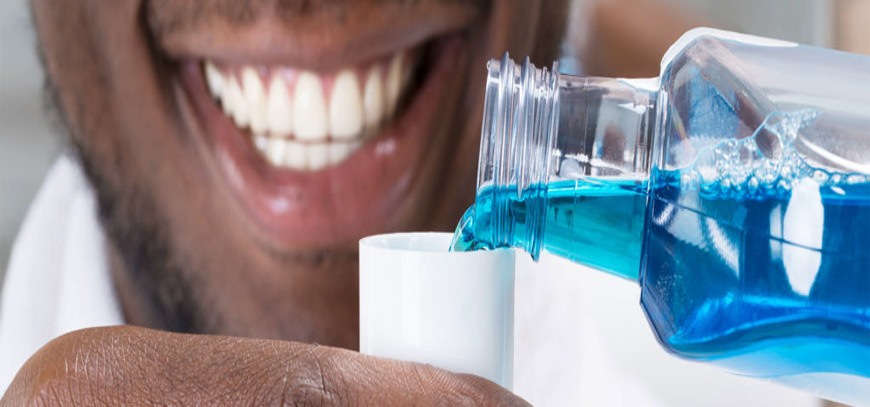Fluoride Treatment

Fluoride is a natural mineral that builds strong teeth and prevents cavities. It’s been an essential oral health treatment for decades. Fluoride supports healthy tooth enamel and fights the bacteria that harm teeth and gums. Tooth enamel is the outer protective layer of each tooth.
Fluoride is especially helpful if you’re at high risk of developing dental caries, or cavities. Cavities occur when bacteria build up on teeth and gums and form a sticky layer of plaque. Plaque produces an acid that erodes teeth and gum tissue. If the plaque breaks down the enamel layer, bacteria can infect and harm the nerves and blood at the core of the tooth.
Professional fluoride treatment
We provide professional fluoride treatments in the form of a highly concentrated rinse, foam, gel, or varnish. The treatment may be applied with a swab, brush, tray, or mouthwash.
These treatments have much more fluoride than what’s in your water or toothpaste. They only take a few minutes to apply. You may be asked to avoid eating or drinking for 30 minutes after the treatment so the fluoride can fully absorb.
Always give our dentist your full health history so they can choose the right treatments for you.
Fluoride for children
If your child is under 3 years old, they should only brush their teeth with close supervision. Apply only a thin layer of fluoride toothpaste to their toothbrush. The toothpaste should cover less than half of the bristles or be no bigger than a grain of rice.
Fluoride toothpaste the size of a pea is recommended for children ages 3 to 6 years old. You should watch children to ensure they spit toothpaste out while brushing.
Fluoride works by restoring minerals to tooth surfaces where bacteria may have eroded the enamel. It can also inhibit the growth of harmful oral bacteria and further prevent cavities.
Fluoride cannot remove decay but, while creating a stronger outer surface to your teeth, it can help stop the decay from penetrating into the deeper parts of teeth. Fluoride benefits both children and adults. The earlier children are exposed to fluoride, the less likely they are to develop cavities. A large study found that children and adolescents who received fluoride treatments for one year were 43 percent less likely to have tooth decay and cavities.
Like any medication, too much fluoride can cause negative complications. You can get too much fluoride by accidentally overdosing or by being prescribed a dose that’s too high. Fluoride poisoning is very rare today, though chronic overexposure may harm developing bones and teeth in small children. Many children’s toothpastes don’t include fluoride.
Too much fluoride can cause:
white specks on mature teeth
staining and pitting on teeth
problems with bone homeostasis
very dense bones that aren’t very strong
Acute toxicity, such as an overdose on fluoride supplement pills, can cause:
nausea
diarrhea
tiredness
excessive sweating
It can even lead to death. Always keep fluoride supplements out of reach of children.
Brushing your teeth twice a day is the best way to remove plaque from your teeth and gums. Flossing or using an interdental tooth cleaner is necessary to reach tooth surfaces that a toothbrush can’t cover. The movement and friction of brushing teeth is crucial. You could brush your teeth with just water but using toothpaste that contains fluoride and other cleaning agents will greatly enhance the benefits of toothbrushing.
Fluoride occurs naturally in most water sources but adding trace amounts of fluoride to tap water is especially beneficial for people without regular access to a dentist.
You can get fluoride two ways:
topically from toothpaste and treatments at the dentist
systemically in water and dietary supplements
